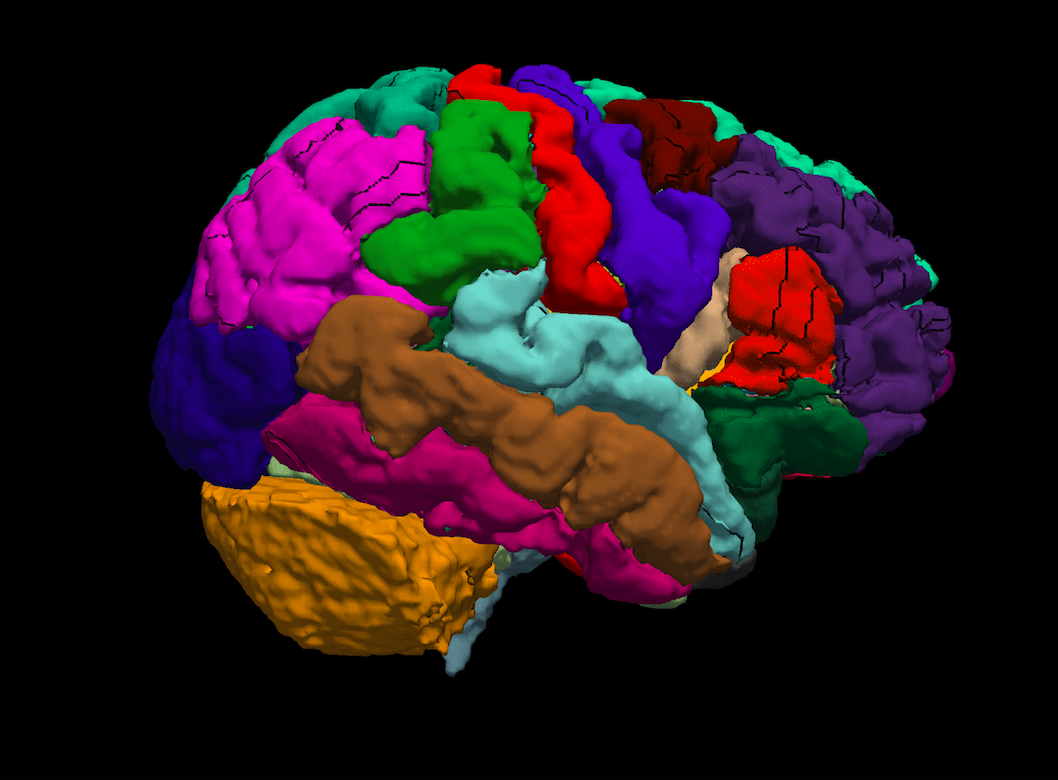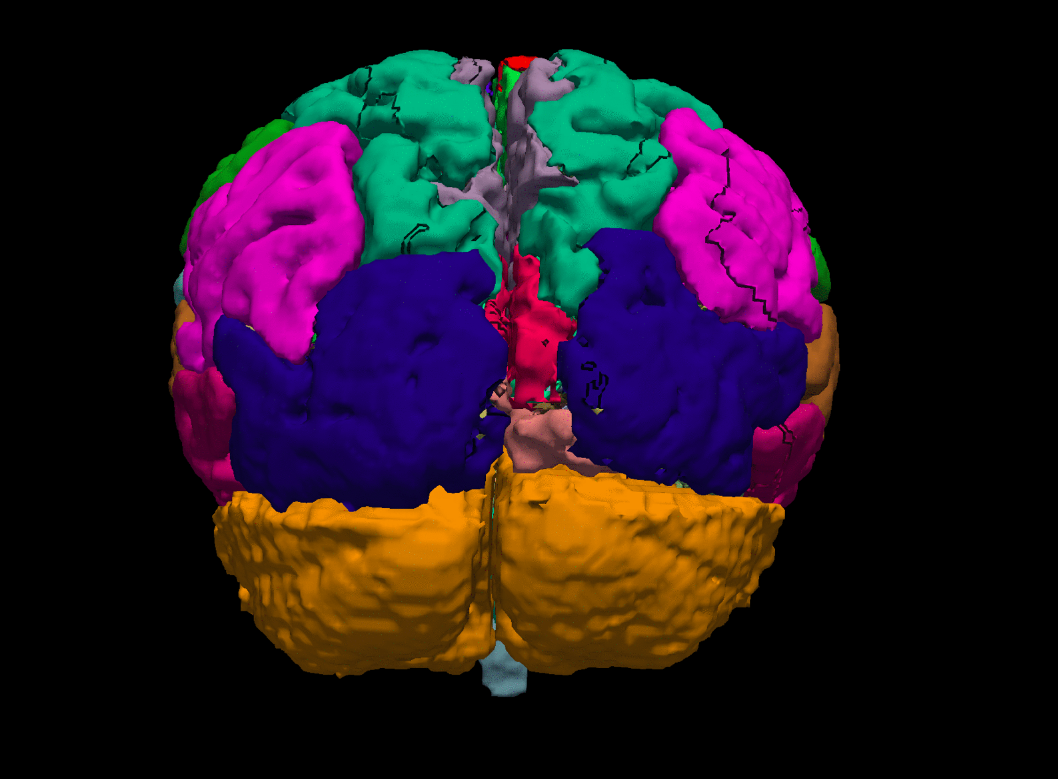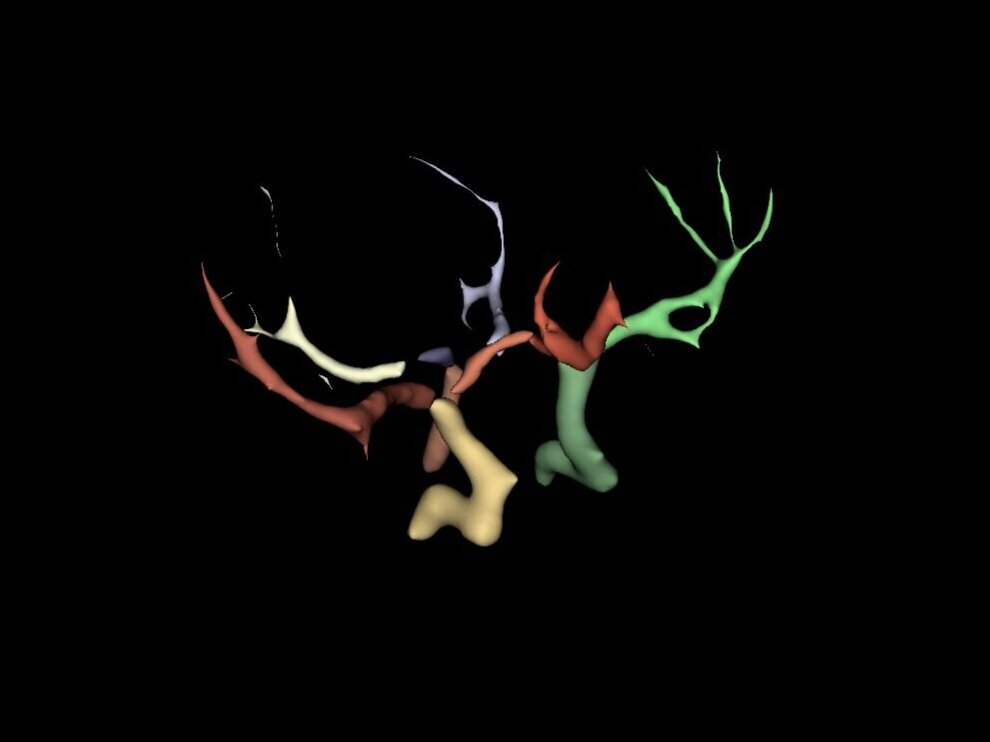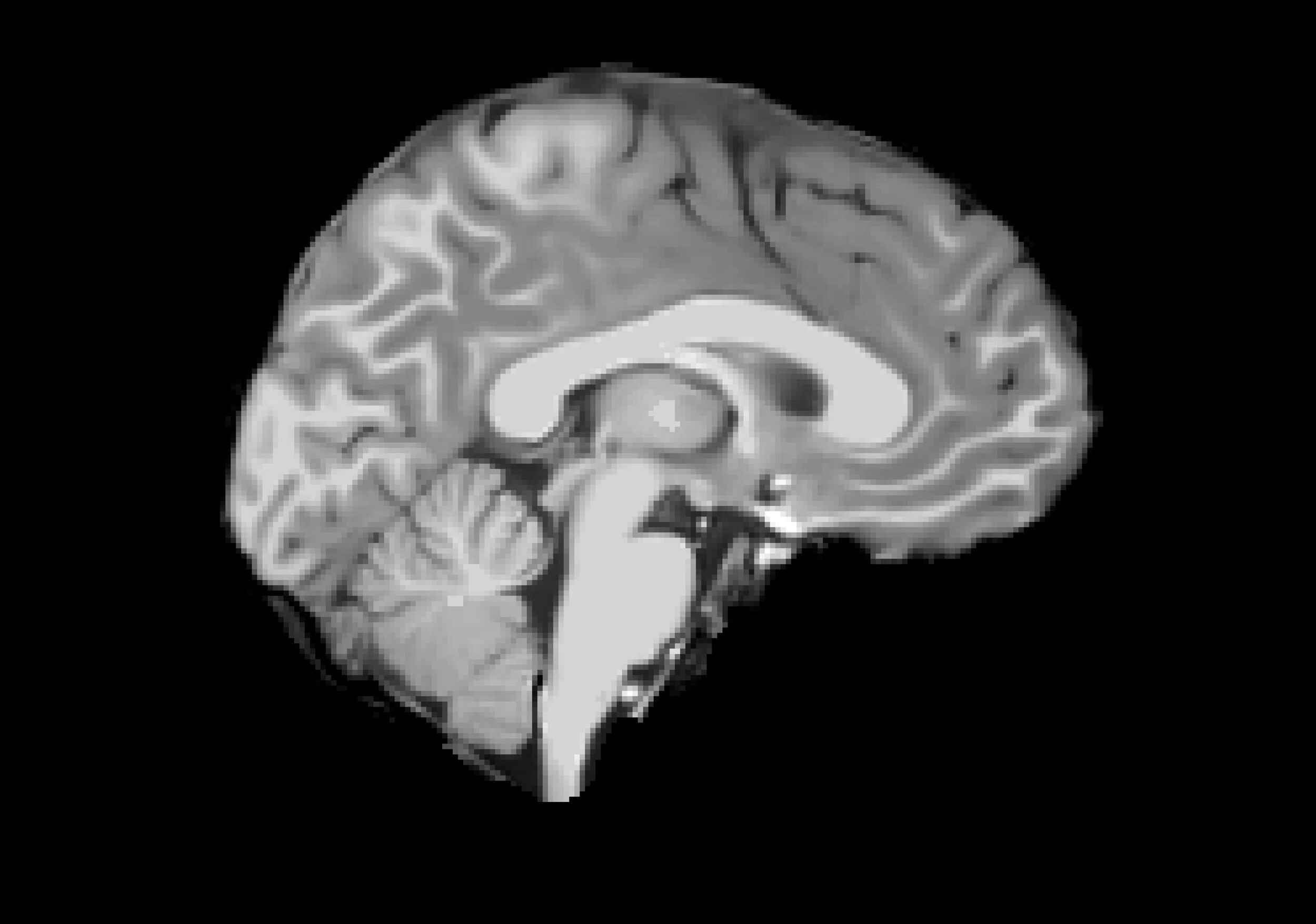Future mom?
Help us further our knowledge and care for pregnant mothers and their child.
Briefly put…
The MYRNA study seeks to understand how both a mother’s well being and family health, during pregnancy and at the beginning of her child’s life, may affect future brain development of the child.
Although being pregnant is an exciting time in one’s life; it is not necessarily without strife nor worry. And as worries sometimes become anxiety, they are often underestimated, if not completely swept under the rug.
By participating in this long term study, you and your baby will be helping us gain scientifically based understanding of possible outcomes. Thus helping us develop meaningful strategies to assist future moms dealing with anxiety or mood disorders, in a timely fashion.
Your participation will help us better understand the links between the psychological well-being of a mother and the development of her child’s brain. Thus helping us develop the best means to respond to difficulties as soon as they come to light.
Can I participate?
The cohort is made up of women between 18 and 40 years of age, at the beginning of their pregnancy, carrying one child and residing in the Eastern Townships. Interested/curious? We are available to answer all questions. Choose the option that best suits you,
What is involved
Short online monthly questionnaires and one-on-one follow-ups with a member of our study team.
Participants
Already signed-up? This way then to the secured section reserved for you.
The MYRNA team
Meet our nurses and research assistants that will be working with you.
A picture is worth a thousand words

As the brain unfolds

Neurons made visible thanks to MRI (DTI)

Foetal MRI at 34 weeks

Studying the brain...

…before birth!

Structural MRI in child

Structural MRI in child

Structural MRI in child

Arteries of brain, at birth!

3D view of arteries

Left and right side of brain are already different

Detailled structure of brain…

… of astounding definition.

2 already very distinct hemispheres

Neurons made visible thanks to MRI (DTI)




